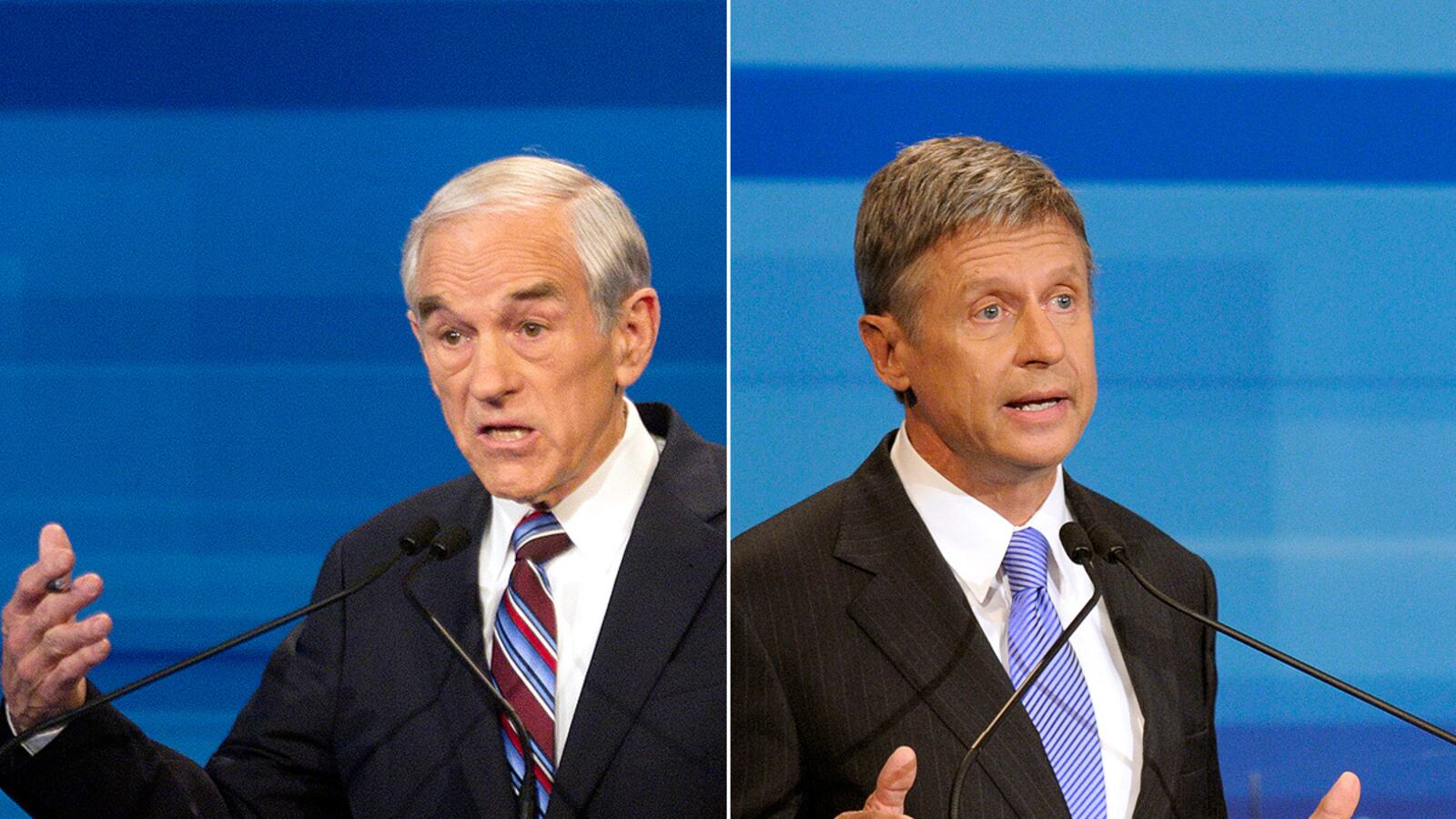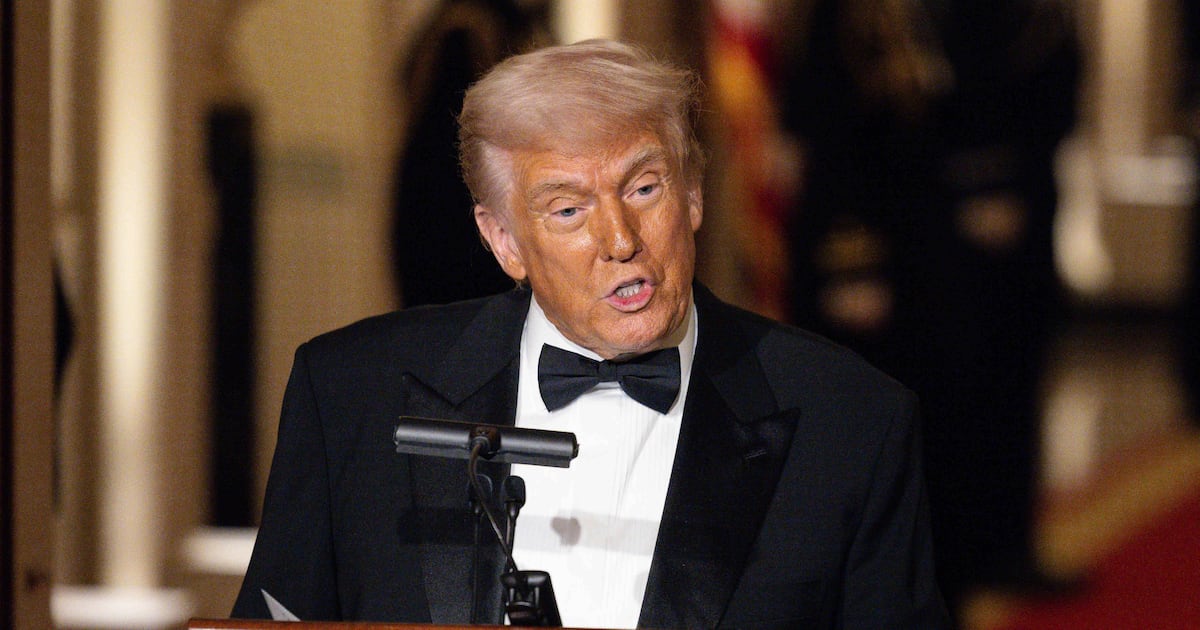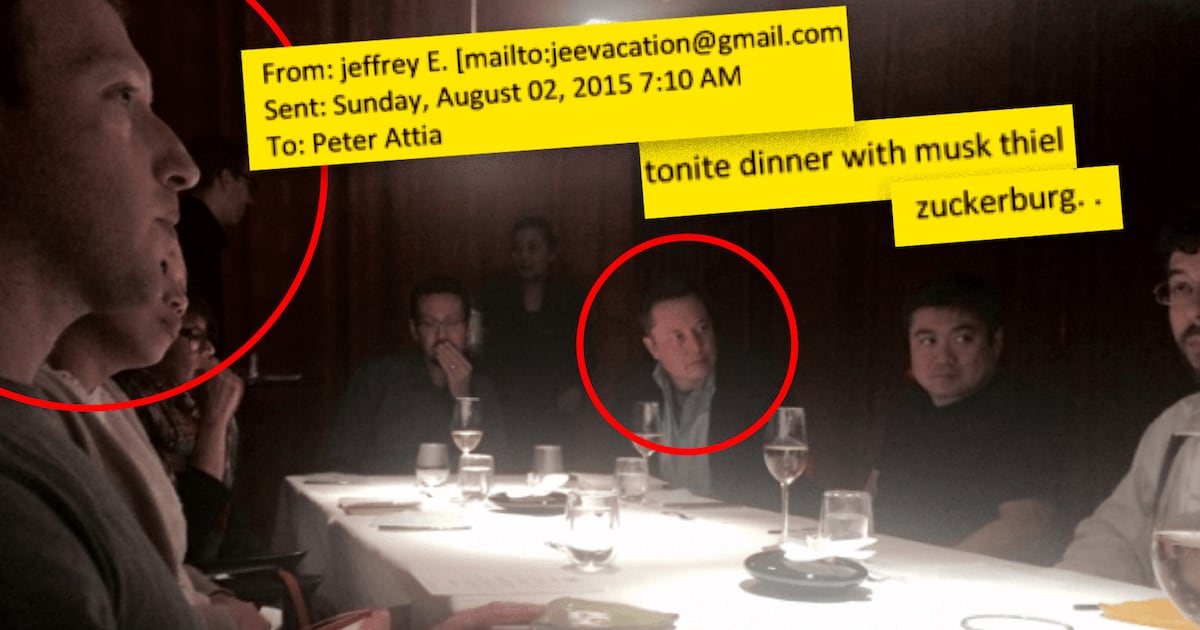Why won’t Ron Paul back Gary Johnson? On a campaign conference call today, campaign spokesperson Jesse Benton said that Paul would not back Libertarian Party candidate Gary Johnson under any circumstances. This was the most definitive language used by Benton on a call laced with caveats. Benton said that Paul was “not likely” to endorse Romney and was “extremely unlikely” to back any third party candidate. But, when it came to Gary Johnson, the answer was a quick and simple no.

Johnson may be the most ideologically similar candidate to Paul but there are major differences between the former New Mexico governor and the longtime Texas congressman. Johnson is far more rooted in modern libertarianism than Paul, who is many ways a candidate of what his biographer, Brian Doherty, calls the “Old Right.” While Johnson is pro gay marriage and pro-drug reform, Paul is still wedded to bugaboos about gold money and combines his laissez-faire economic approach with a streak of social conservatism.
The differences though aren’t just ideological. Johnson has abandoned the GOP as hopelessly wedded to big government conservativism and the Christian Right after his failed run in the Republican Presidential primary. In contrast, Paul is playing “a long game” to try to remake the Republican Party in his image. On the call today, Benton stated that one of the major efforts of Paul delegates in Tampa would be to change the Republican Party rules to make it easier for “liberty-oriented” candidates in 2016. (He declined though “to get into the weeds” about what those changes would be.) However, like Moses, Paul will not be around to lead his supporters into the Promised Land.
Paul, who will turn 78 in August, is retiring from Congress after this term. Instead, his efforts, which have led to his acolytes taking over the Republican party machinery in a number of states and shifted the political discourse on a range of issues, will be passed on to a successor. And Paul doesn’t want that successor to be Gary Johnson.
Instead, it is believed that Paul wants his son Rand, the junior Senator from Kentucky, to take over the movement. Rand Paul, like his father, is a libertarian with a strong social conservative streak. The difference is Rand Paul does not have the same maverick reputation that his father does in the Republican Party. If Rand Paul decides to run for the White House in 2016, he will do so in a party where many of his sympathizers have key leadership posts and where his social conservative credentials will protect his right flank from the type of attacks from the Christian Right that plagued his father in past contests.
In contrast, if Ron Paul backs proudly pro-pot Gary Johnson, it will make Rand Paul seem disloyal to the GOP by implication and raise yet another red flag about libertarianism among social conservatives in the Republican Party. Johnson may be Paul’s closest ideological counterpart running but like many pragmatic voter in the past, it seems this year Paul will be going with his head, not his heart.





